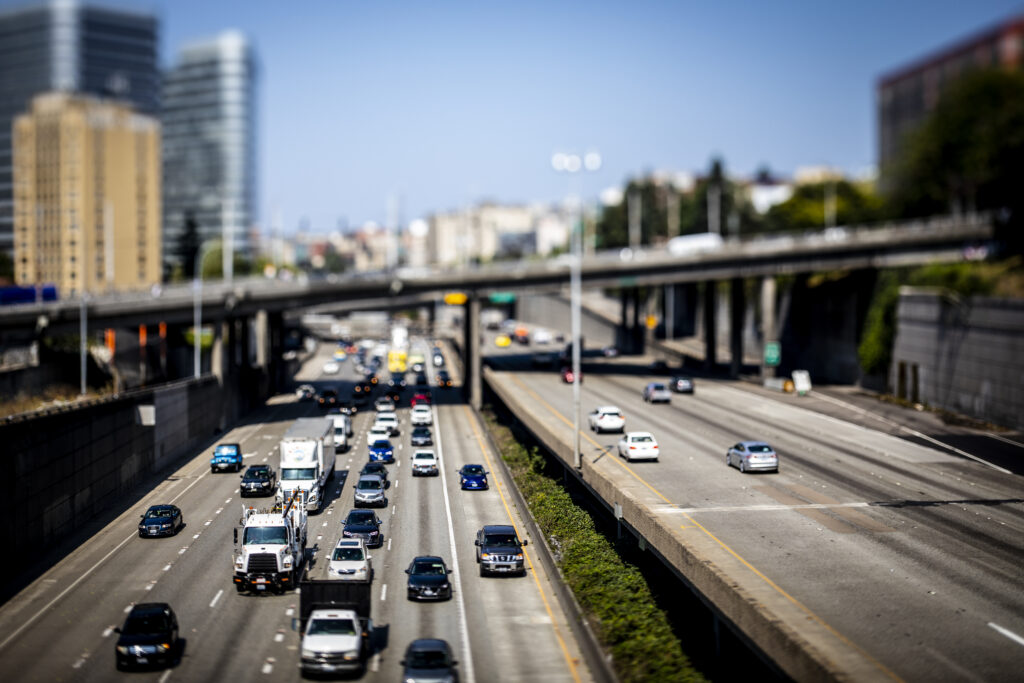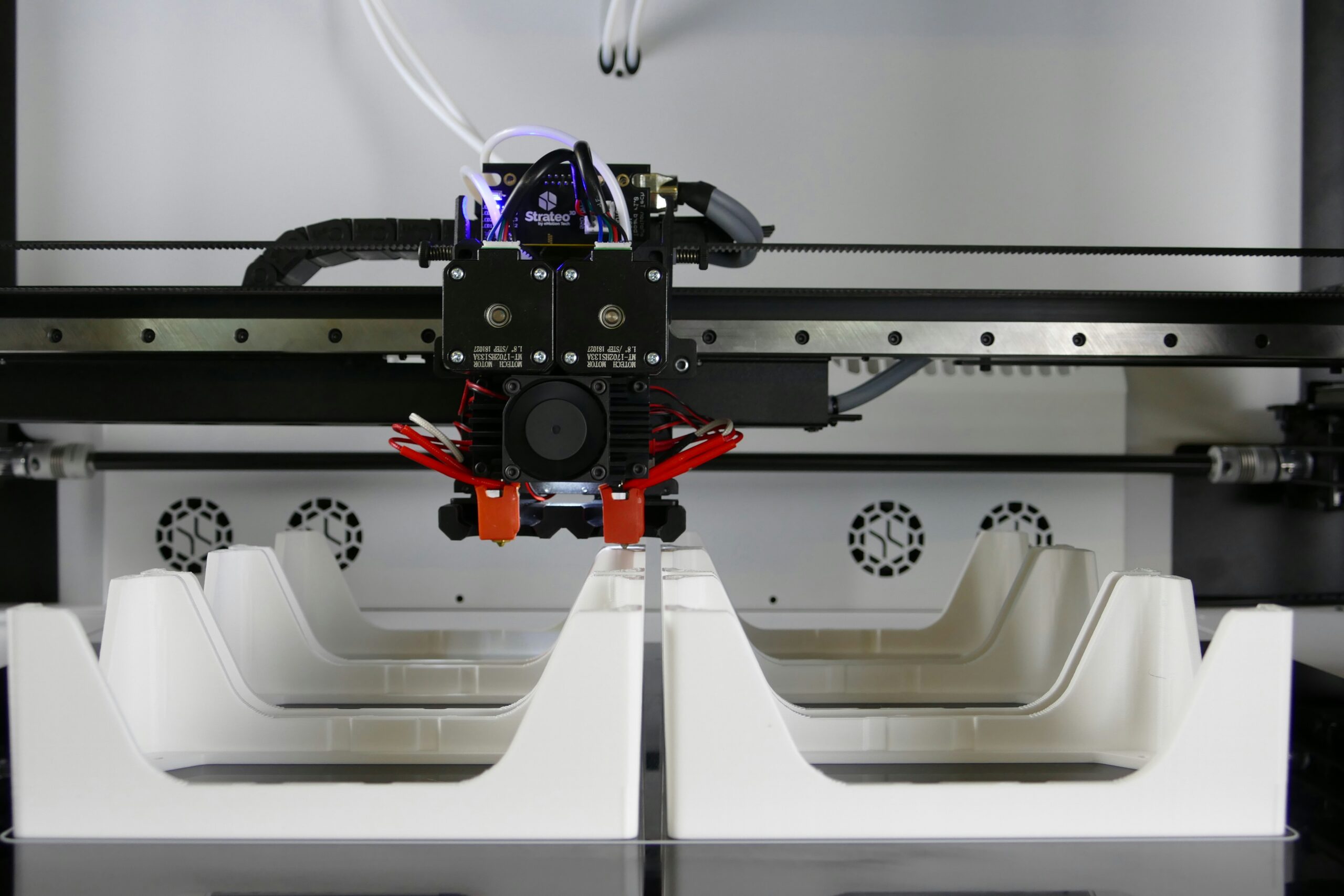Publication
Transportation Resiliency in Washington State
Executive Summary
Research indicates that the effects of global climate change threaten to drastically alter most aspects of human life within the next few decades. Some incidents stemming from climate changes that are likely to increase in both frequency and intensity include severe drought, fires, flooding events, precipitation, sea level rise, and other localized severe weather events. These events can have devastating impacts on key infrastructure systems. However, plans are being developed to improve the resiliency of key systems throughout the United States. One such key infrastructure is the transportation system.
The Washington State Academy of Sciences (WSAS) convened a roundtable discussion on April 4, 2023, in collaboration with the University of Washington’s Mobility Innovation Center, with the goal of hearing from researchers and public and private stakeholders committed to ensuring a resilient transportation system. Co-chairs of the Roundtable on Transportation Resilience were François Baneyx, PhD, Vice Provost for Innovation at the University of Washington and the Director of CoMotion, and Paula Hammond, Senior Vice President of WSP USA.
For this event, we adopted the Federal Highway Administration’s definition of transportation resiliency as the ability to anticipate, prepare for, adapt to changing conditions and withstand, respond to, and recover rapidly from disruptions. With transportation system and infrastructure resiliency, anticipating, preparing for, and adapting to changing conditions requires a holistic understanding of the risks to the transportation system and the gaps in our current knowledge base.
The afternoon-long roundtable discussion focused on the following topics:
- Resilience in the transportation system in the face of the energy transition that is underway due to the decarbonization of energy sources in the face of global climate change
- Research and knowledge sources stakeholders currently rely on to plan and make decisions about transportation systems
- Areas where more research and knowledge are needed to do better planning at local and state levels in the near and long term.
In keeping with its mission to serve Washington State, the WSAS will explore additional opportunities to continue this cross-sector discussion about transportation resilience, and with special attention to helping to increase understanding of how the state’s transportation system can become more resilient in the face of the imminent transportation transition in response to climate change.
Related Publications
September 18, 2024
August 14, 2023


